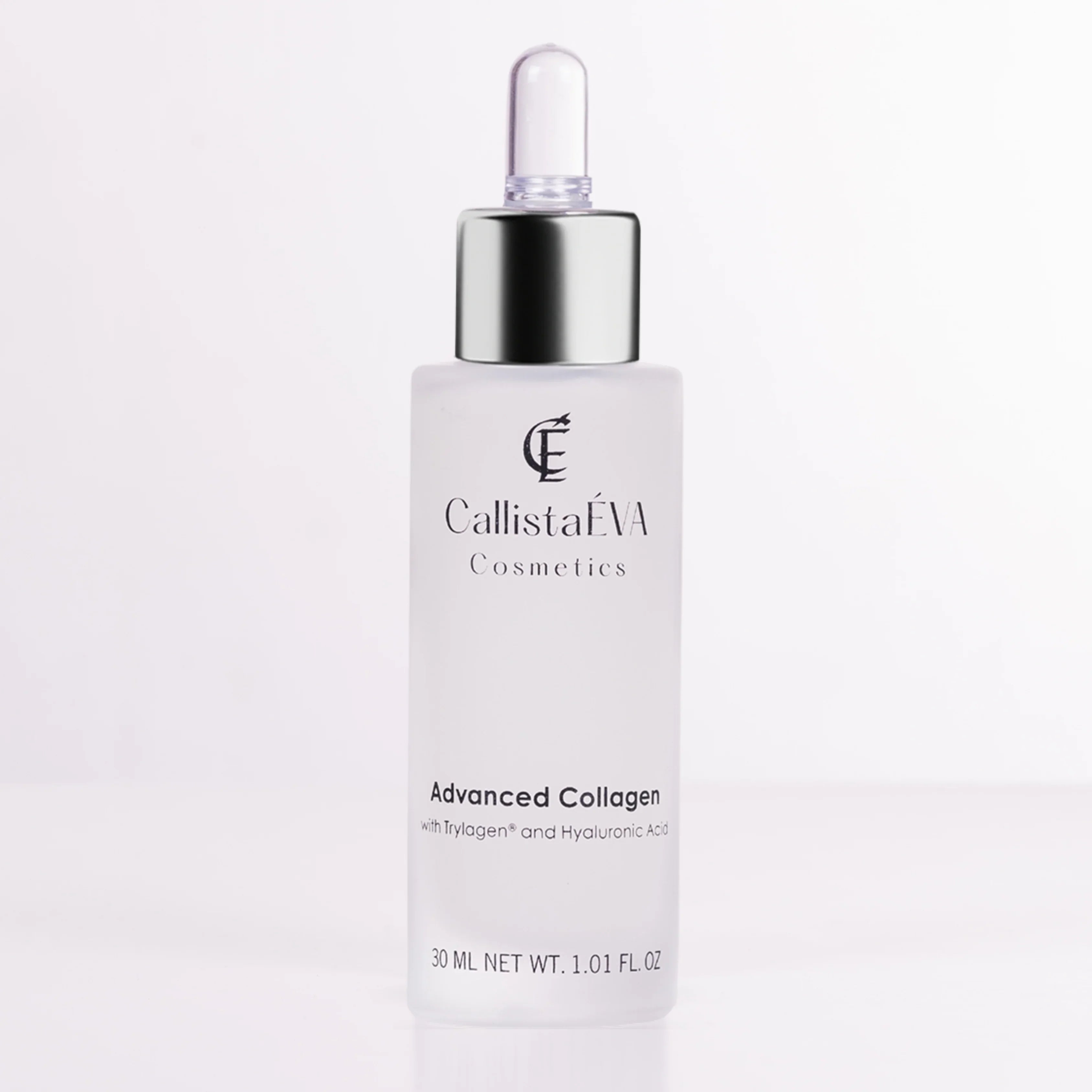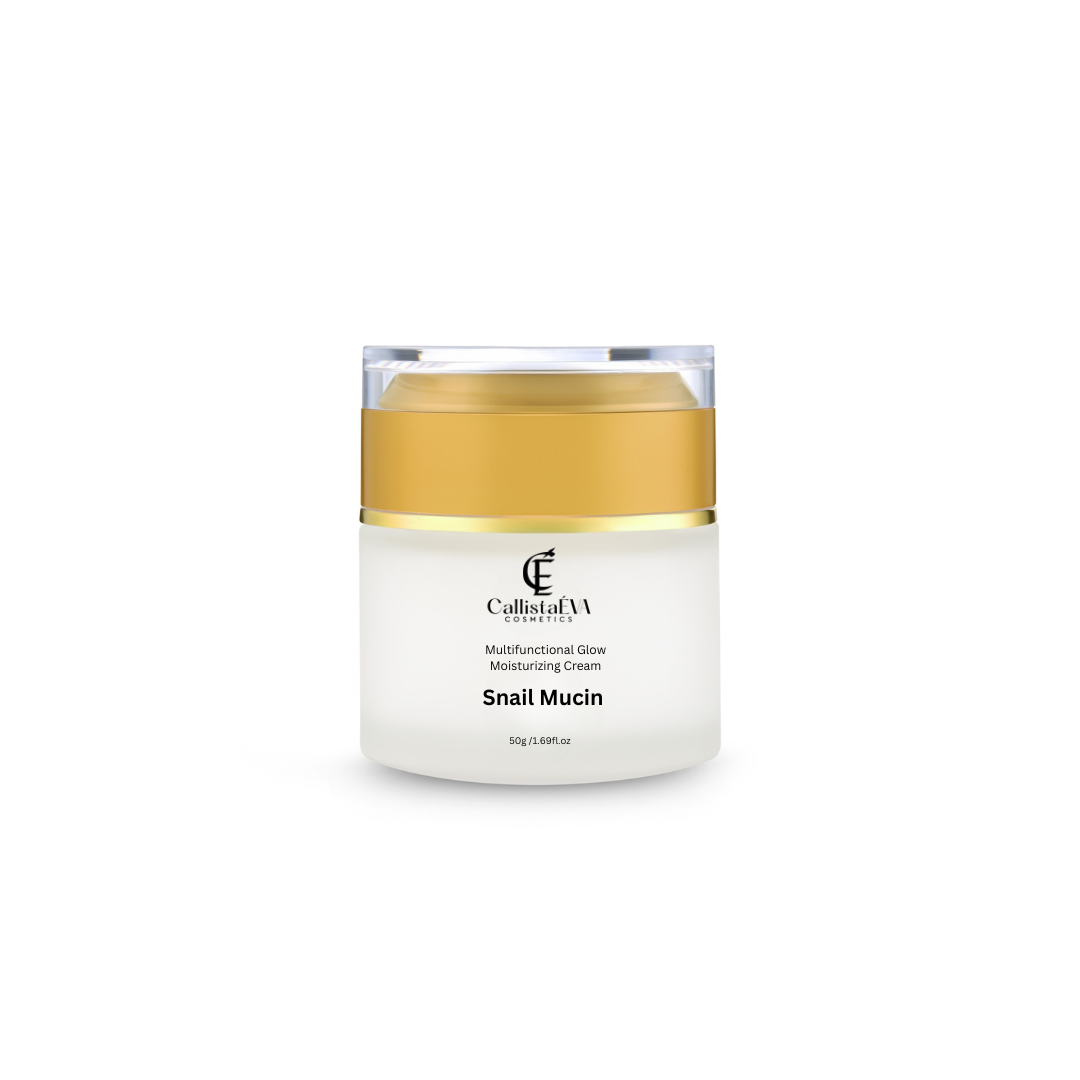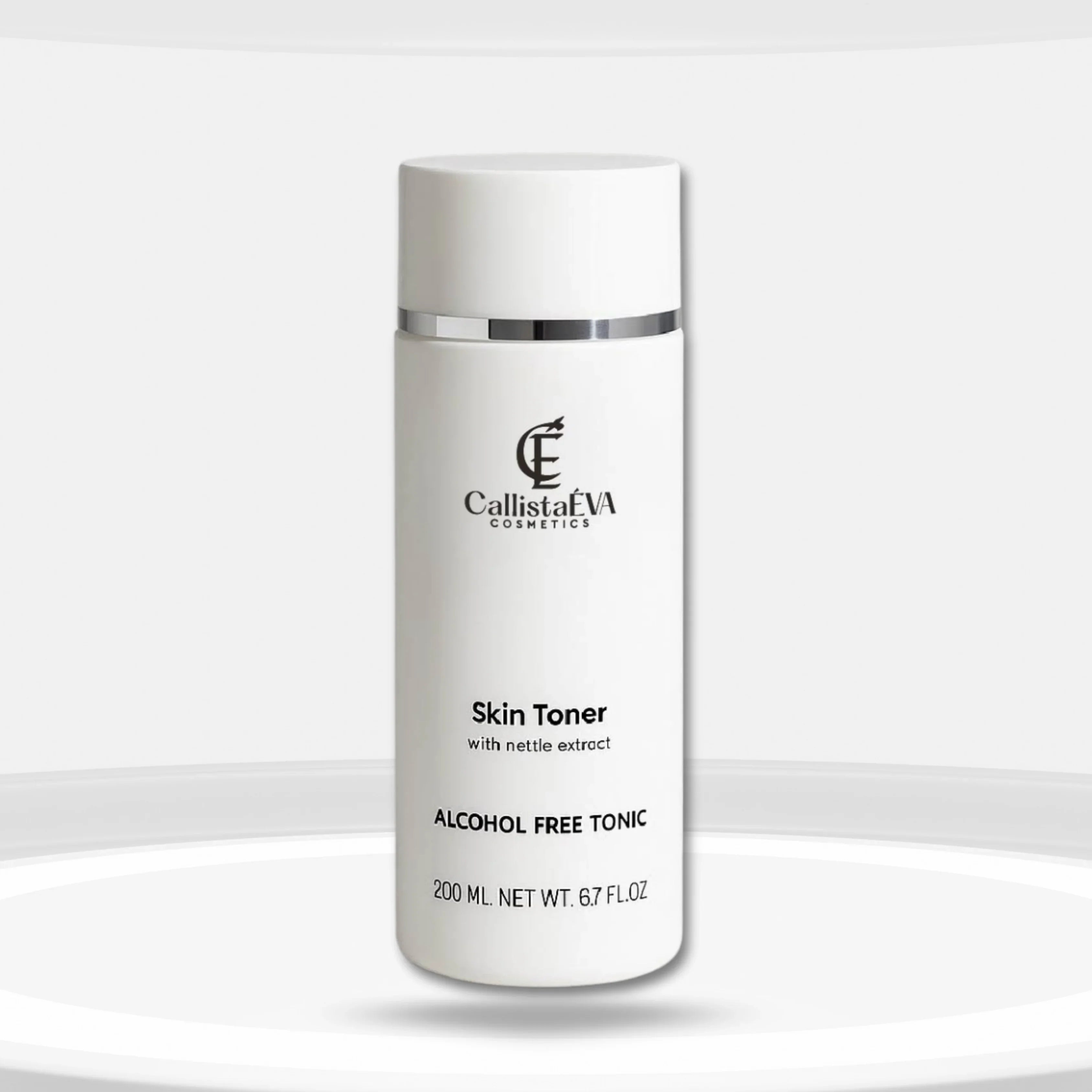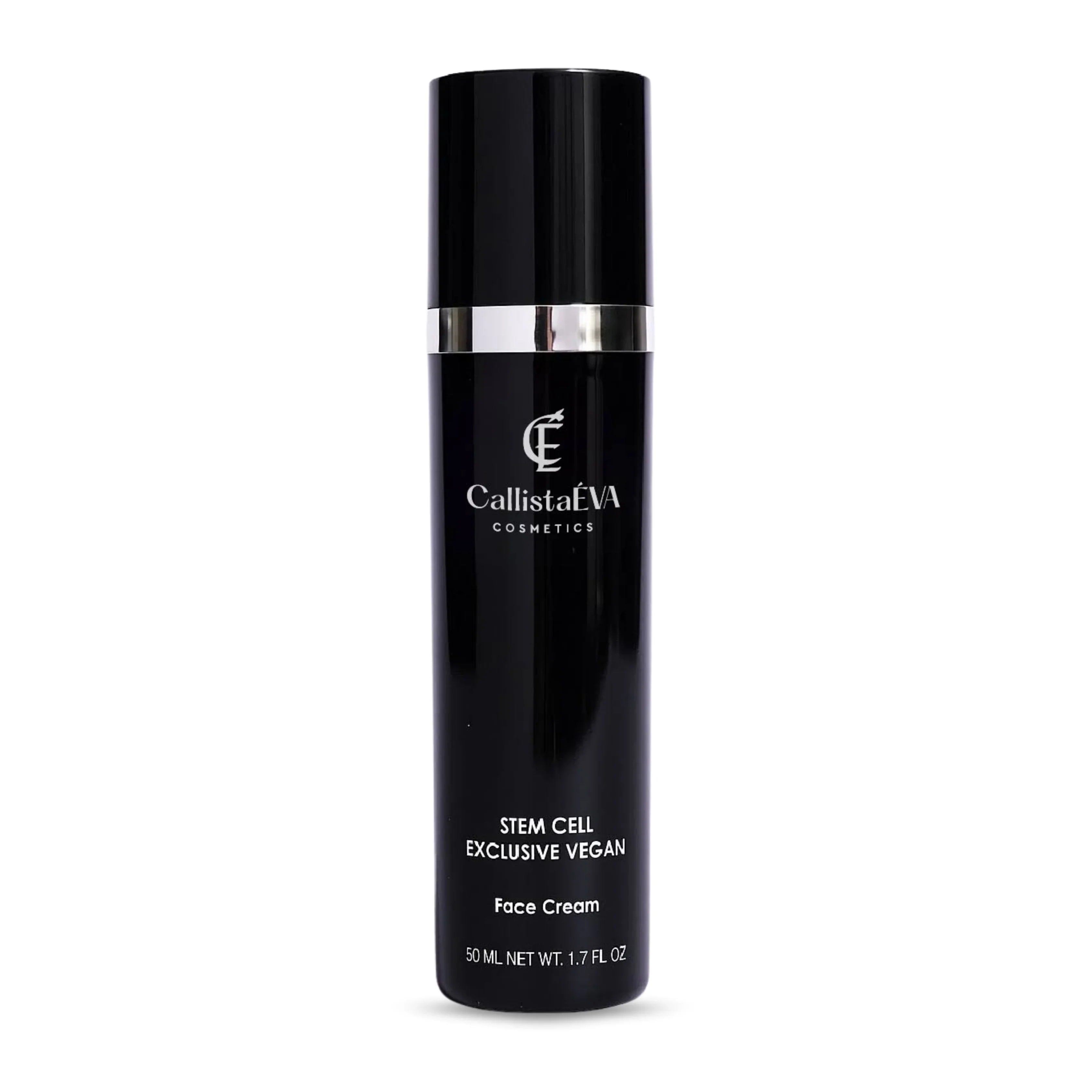Snail mucin, a secretion produced by snails, has gained immense popularity in the skincare world for its hydrating, soothing, and regenerative properties. While many users rave about its benefits, it's not a one-size-fits-all solution. Let’s explores who should exercise caution or avoid daily snail mucin use, considering potential allergies, skin sensitivities, and specific skin conditions. Understanding these factors is crucial for making informed decisions about incorporating snail mucin into your skincare routine.
Individuals with Snail Allergies
The most obvious group who should avoid snail mucin are those with known allergies to snails or other mollusks. Allergic reactions can range from mild skin irritation and itching to more severe symptoms like hives, swelling, and difficulty breathing. If you have a shellfish allergy, there's a higher chance you might also be allergic to snail mucin due to similar protein structures.
How to Determine if You're Allergic:
- Patch Test: Before applying snail mucin to your entire face, perform a patch test. Apply a small amount to a discreet area like your inner arm or behind your ear. Wait 24-48 hours and observe for any signs of irritation, redness, or itching.
- Consult an Allergist/Doctor: If you suspect you might be allergic, consult an allergist for proper testing and diagnosis.
People with Sensitive Skin
While snail mucin is generally considered gentle, individuals with highly sensitive skin may still experience adverse reactions. Sensitive skin is often characterized by a compromised skin barrier, making it more susceptible to irritation from various ingredients.
Why Snail Mucin Might Cause Irritation:
- Other Ingredients: Snail mucin products often contain other ingredients like preservatives, fragrances, or additives that can trigger sensitivity.
- Concentration: High concentrations of snail mucin might be overwhelming for some sensitive skin types.
- Individual Reactions: Even with a pure formulation, some individuals may simply react to snail mucin itself.
Recommendations for Sensitive Skin:
- Start Slowly: Introduce snail mucin gradually into your routine, using it only a few times a week initially.
- Choose Simple Formulations: Opt for products with minimal ingredients to reduce the risk of irritation.
- Monitor Your Skin: Pay close attention to how your skin reacts and discontinue use if you experience any discomfort.
Individuals with Specific Skin Conditions
Certain skin conditions may warrant caution or avoidance of daily snail mucin use.
1. Active Acne
While snail mucin can help with acne scarring and inflammation, it might not be suitable for those with active acne breakouts.
Why It Might Not Be Ideal:
- Potential for Clogging Pores: Some snail mucin formulations can be comedogenic, meaning they can clog pores and worsen acne.
- Interaction with Acne Treatments: Snail mucin might interfere with the effectiveness of certain acne treatments like benzoyl peroxide or salicylic acid.
Recommendations for Acne-Prone Skin:
- Non-Comedogenic Formulas: Look for snail mucin products specifically labeled as non-comedogenic.
- Use Sparingly: Apply a thin layer and avoid using it on areas with active breakouts.
- Consult a Dermatologist: Seek advice from a dermatologist to determine if snail mucin is appropriate for your specific acne type and treatment plan.
2. Rosacea
Rosacea is a chronic skin condition characterized by redness, visible blood vessels, and sometimes small, pus-filled bumps. While snail mucin's soothing properties might seem beneficial, it could potentially exacerbate rosacea symptoms in some individuals.
Potential Concerns:
- Irritation: The skin of rosacea sufferers is often highly sensitive, making it prone to irritation from various ingredients.
- Vasodilation: Some components in snail mucin might promote vasodilation (widening of blood vessels), potentially worsening redness.
Recommendations for Rosacea-Prone Skin:
- Proceed with Caution: If you have rosacea, introduce snail mucin very slowly and carefully.
- Monitor for Flare-Ups: Watch for any signs of increased redness, burning, or itching.
- Consult a Dermatologist: A dermatologist can provide personalized recommendations based on the severity of your rosacea.
3. Eczema
Eczema, also known as atopic dermatitis, is a condition that causes dry, itchy, and inflamed skin. While snail mucin's hydrating properties might seem appealing, it's essential to exercise caution.
Potential Concerns:
- Irritation: Eczema-prone skin is highly sensitive and easily irritated.
- Allergic Reactions: Individuals with eczema are more prone to allergies, increasing the risk of reacting to snail mucin or other ingredients in the product.
Recommendations for Eczema-Prone Skin:
- Patch Test: Always perform a patch test before applying snail mucin to larger areas.
- Choose Hypoallergenic Formulas: Opt for products specifically formulated for sensitive skin and labeled as hypoallergenic.
- Consult a Dermatologist: Seek guidance from a dermatologist to determine if snail mucin is suitable for your eczema and to ensure it doesn't interfere with your current treatment plan.
Snail mucin can be a valuable addition to many skincare routines, offering hydration, soothing, and regenerative benefits. However, it's not suitable for everyone and every skin. Individuals with snail allergies, sensitive skin, active acne, rosacea, or eczema should exercise caution or avoid daily use. Performing a patch test, choosing simple formulations, and consulting with a dermatologist are crucial steps to ensure a safe and positive experience with snail mucin. By understanding your skin's specific needs and potential sensitivities, you can make informed decisions about incorporating this popular ingredient into your skincare regimen.
Why Choose CallistaÉVA Snail Mucin Serum?
- Science-backed formulation – Developed with high-quality ingredients, designed and formulated in Germany under strict EU cosmetic safety standards.
- Snail mucin for skin hydration & renewal – Snail secretion filtrate is rich in naturally occurring components such as glycoproteins, hyaluronic acid, and peptides, which help support smoother, more supple-looking skin.
- Cruelty-free – Created without animal testing, in line with EU animal welfare regulations.
- Minimalist & sustainable skincare – Free from unnecessary additives, responsibly packaged, and tailored for daily use in busy lifestyles.
- Trusted quality – Produced in compliance with EU Cosmetic Regulation (EC) No 1223/2009, supported by a complete Product Information File (PIF) and dermatological safety testing.
✨ CallistaÉVA Snail Mucin Serum – Glow authentically with confidence in science-driven, EU-compliant skincare.














